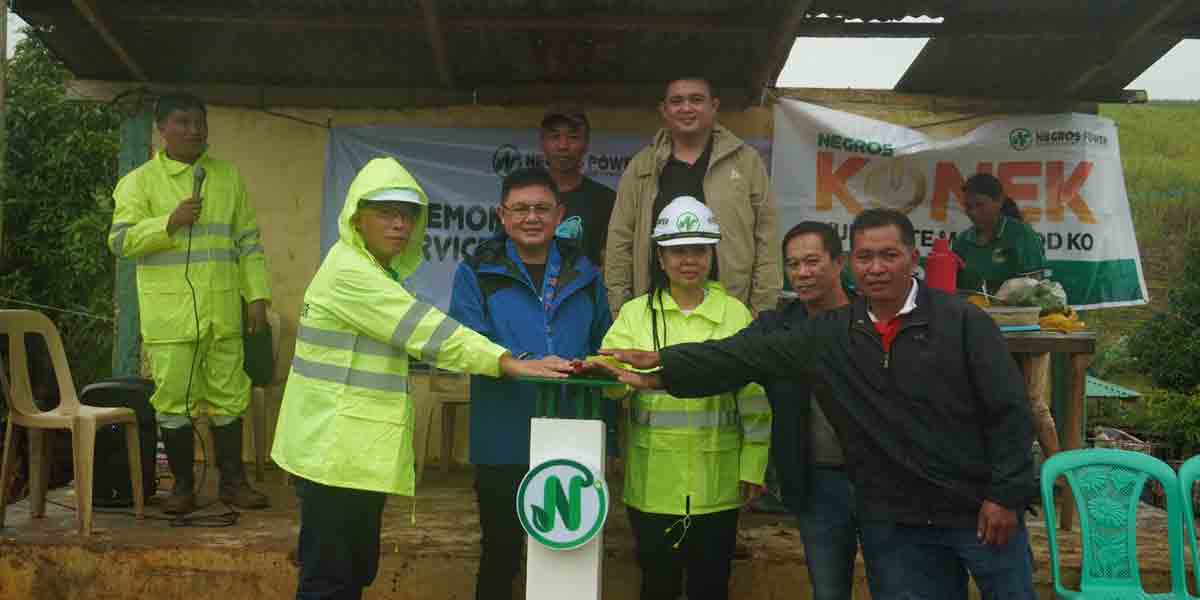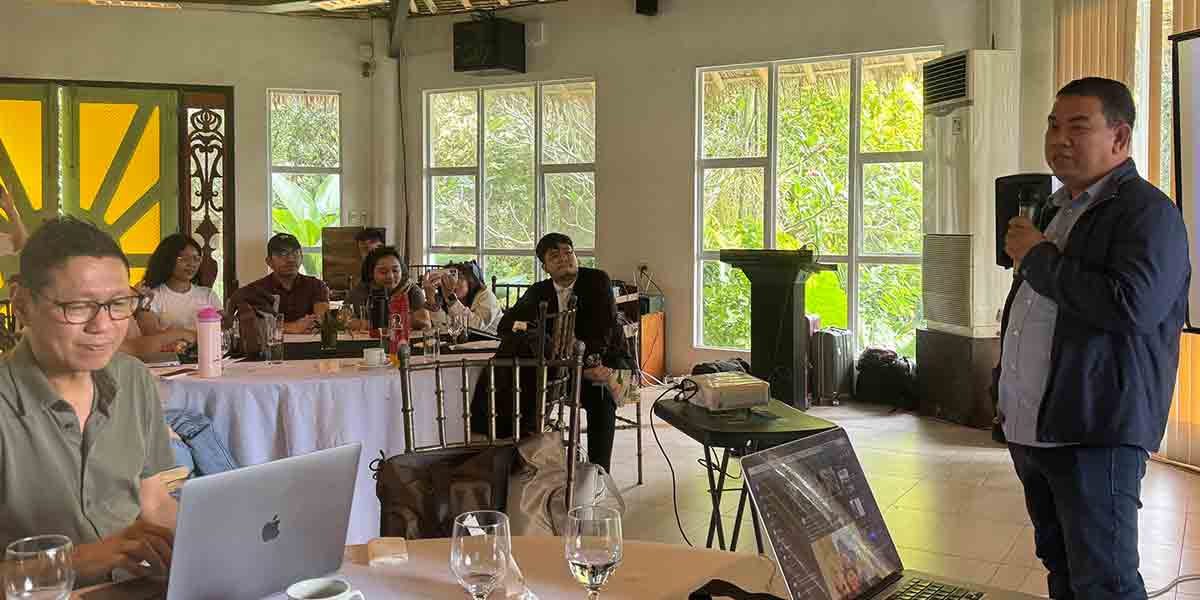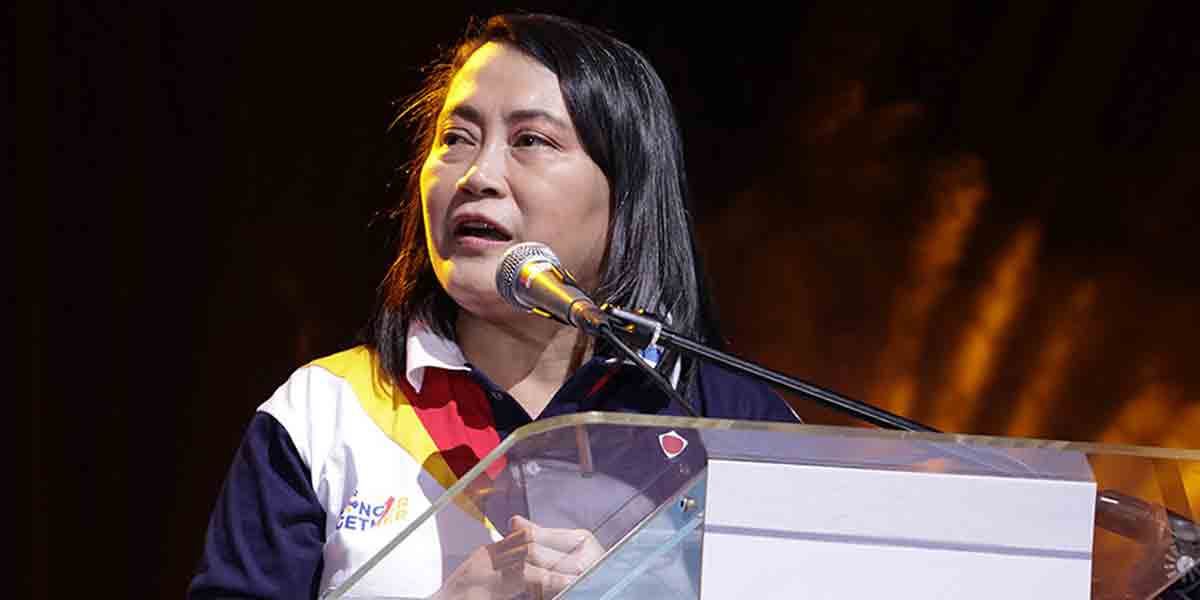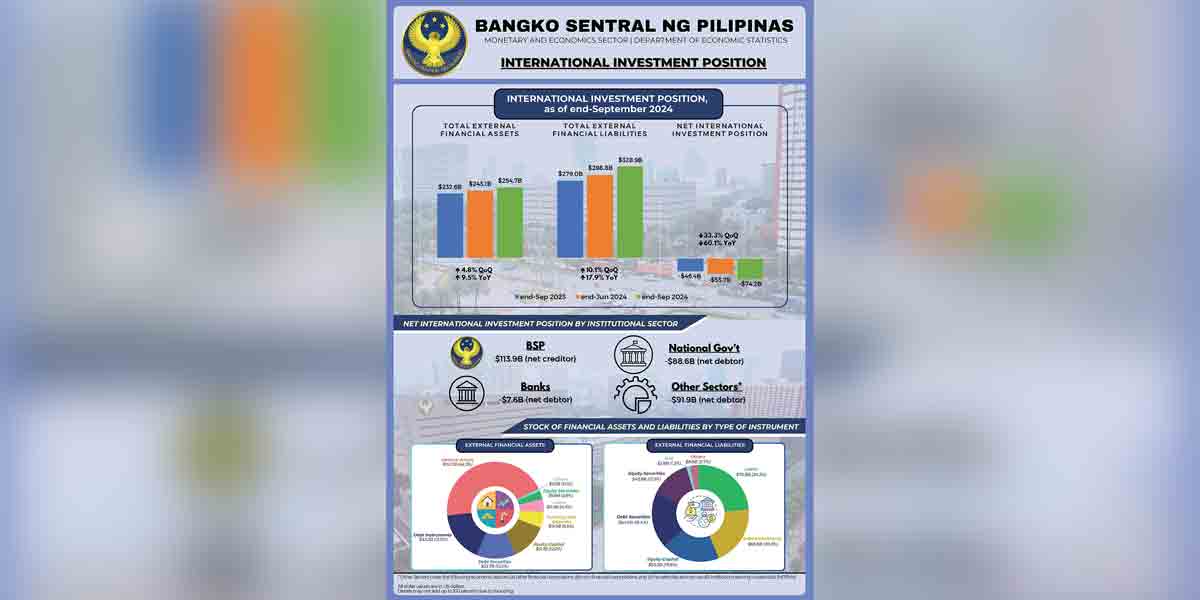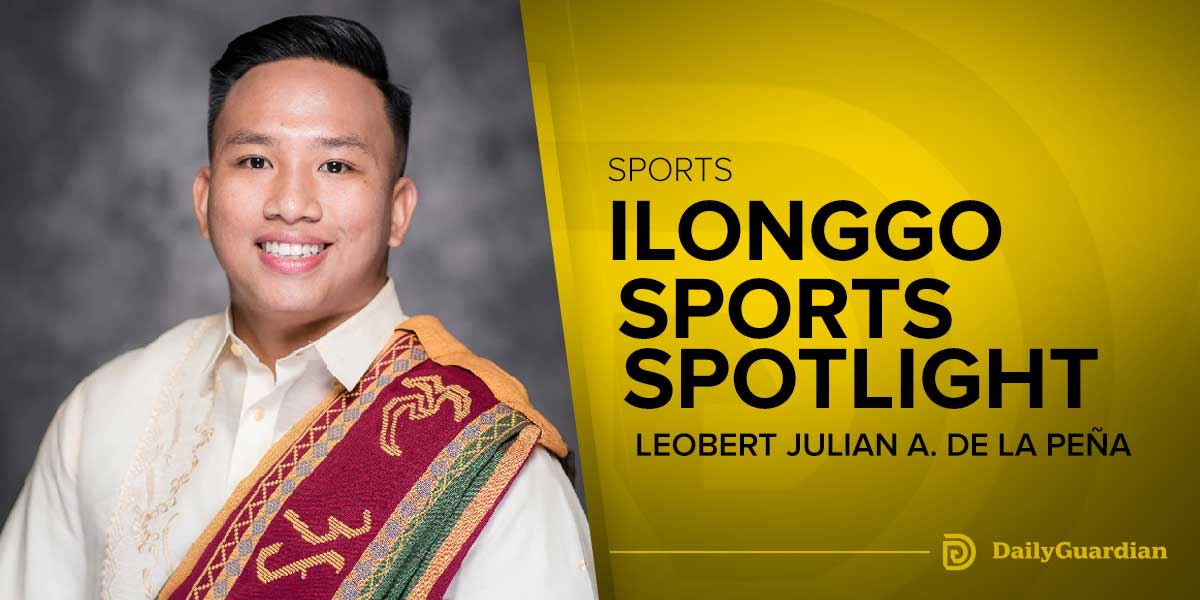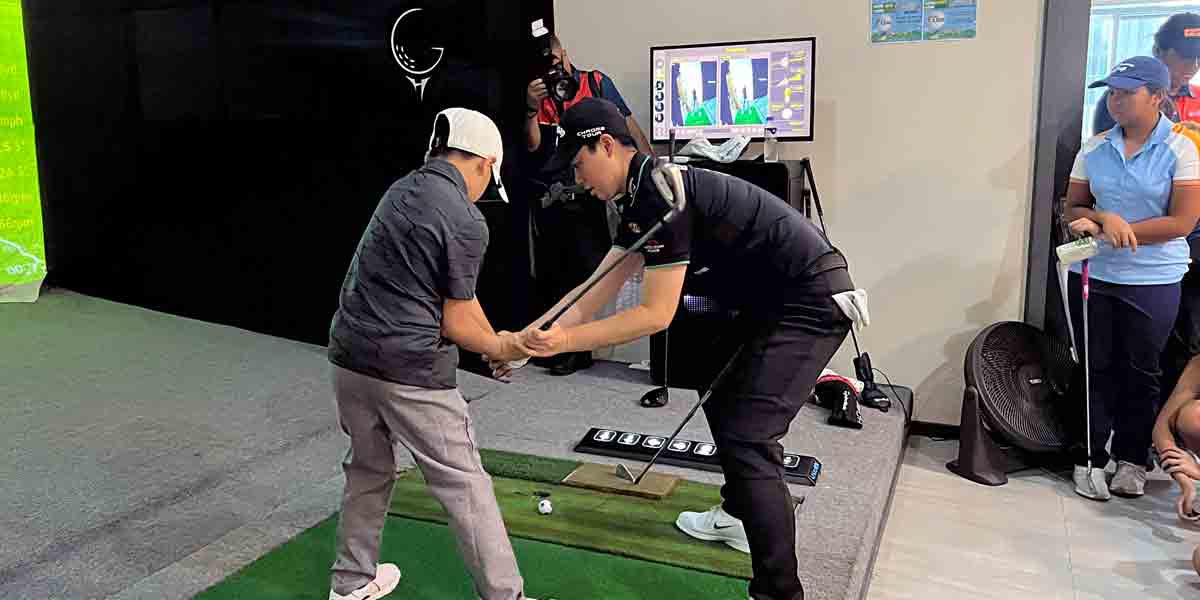By Dr. Herman M. Lagon
IN THE vibrant city of Cagayan de Oro, Xavier University Basic Education took a courageous step forward by hosting the Society Technology Education Philippines (STEP) Conference for 2023. With the theme “Technology in Transformative Times (3Ts),” this Hyflex EdTech conference brought 1,500+ educators, experts, and innovative minds to explore the convergence of teaching, learning, and technology. As a research presenter, plenary session panelist, and STEP Board member, I was privileged to be part of this transformative event.
The three-day conference left no doubt that technology catalyzes sustainable educational transformation. In the era of Industrial Revolution 4.0, equipping ourselves with the right technological skills, structures, applications, mindsets, and tools is essential to stay relevant in education. Embracing the power of technology—primarily available for free in cyberspace ßif you know how and where to look—becomes paramount as we ensure that “no school is left behind” in our pursuit of quality education.
The rapid rise of AI, IoT, cloud computing, data analytics, and deep learning necessitates innovation and upskilling. We must embrace fresh ideas, adapt to the changing landscape, maximize the available digital tools, and prepare students with 21st-century competencies and critical thinking skills to remain relevant. Failing to do so would render us obsolete, outdated, and trivial as educators and institutions.
While STEP and other organization’s efforts to promote technological innovation in education are commendable, we need a legion of technology integration champions to triumph over obsolescence. A nationwide educational revolution demands collective acceptance of change, transformative innovation, and bridging the gap between conservatism and revolution amid the disruptive world. Knowing the dire state of education that we have right now, the demand to innovate—including that endless desire to have an edtech mindset in all school operations and subjects—is becoming more of a need rather than a choice.
The insights shared in STEP emphasize the importance of upskilling and reskilling teachers and administrators. Smartly embracing technology and developing cognitive, socio-economic, and digital skills are crucial. A clear vision for the future will sustain our transformative journey, fostering inclusive and tech-driven education that empowers our students. By choosing to be innovative and sustainable, we ensure we’ll never be left behind, remaining relevant, responsive, and revolutionary in Philippine education’s ever-changing landscape.
In simple terms, it’s a choice between adaptation and extinction, reinvention and irrelevance, investment and idleness. The power to choose is in your hands, dear educators and policy makers.
***
Dr. Herman Lagon fondly describes himself as a ‘student of and for life’ who, like many others, aspires to a life-giving and why-driven world that is grounded in social justice and the pursuit of happiness. He is a professor of ISUFST, a student of USLS, a retiree of Ateneo, and an alumnus of UP, UI, and WVSU.



